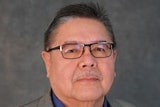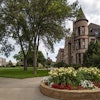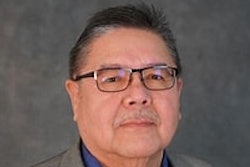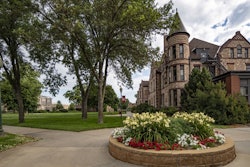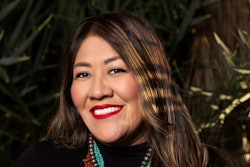Seven tribes have filed a claim asking the University of Alabama to return 5,892 human remains and artifacts buried at Moundville, a current Alabama archaeological park that was once a major center of Native American life from 1020 to 1650, reports Alabama Live.

The seven tribes that have filed the Moundville claim — Choctaw Nation of Oklahoma, the Chickasaw Nation, the Coushatta Tribe of Louisiana, Muscogee (Creek) Nation, Alabama-Quassarte Tribal Town, Seminole Nation of Oklahoma and the Seminole Tribe of Florida — say they share a common ancestry and culture with the people who lived at Moundville
“The evidence presented in this claim establishes beyond any reasonable doubt that the Muskogean-speaking Tribes are culturally affiliated with the Moundville archaeological site,” reads the claim sent to the university earlier this year. “Moundville is at least as closely affiliated with the Muskogean-speaking Tribes as Plymouth Colony is to the United States.”
While the current claim is still under review, The University of Alabama has previously returned remains and says it "looks forward to working with the Tribes on this matter."
